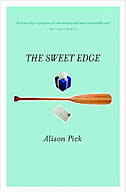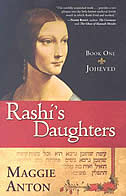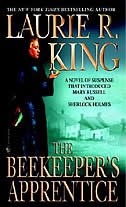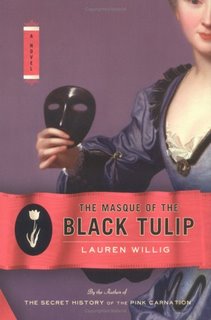This Much is True, by Tina Chaulk
 this much is true is the second of two novels by local authors that I brought along on my trip with me, and I finished it on the plane on the way to England -- so the first thing I can say is that it's a quick read! (Of course, it's also a long flight!)
this much is true is the second of two novels by local authors that I brought along on my trip with me, and I finished it on the plane on the way to England -- so the first thing I can say is that it's a quick read! (Of course, it's also a long flight!)Tina Chaulk's first novel is deceptively funny and breezy, contrasting 22-year-old Lisa's letters home to her parents in Aspen Cove, Newfoundland, with the everyday reality of her life as a job-hunting university graduate in Toronto. Much of the humour comes from this contrast: Lisa is determined to put the best face on her experiences for the folks at home, but the reality of life in hot, crowded Toronto, working dead-end jobs and living with an old friend who has undergone a radical image change, is much darker than the cheery picture Lisa paints in her letters.
The novel reads like chicklit, but I say it's "deceptively" light because Lisa encounters some very serious and painful situations during her years in Toronto, even though humour is never far from the surface. Chaulk balances the humour and the heartbreak nicely and leaves you really caring for the characters.
The one fault I found in this much is true is with the language -- there are places where I felt the use of language was careless, and could have used better editing, especially in the dialogue, which sometimes sounds stilted. Lisa's narrative voice leaps off the page with such energy that it's sometimes a letdown when her voice, and those of the other characters, doesn't come through as clearly in the dialogue. However, I highly recommend this much is true as a quick read that will leave you laughing but also provide a few moments of serious reflection. I'm looking forward to reading more from Tina Chaulk.






